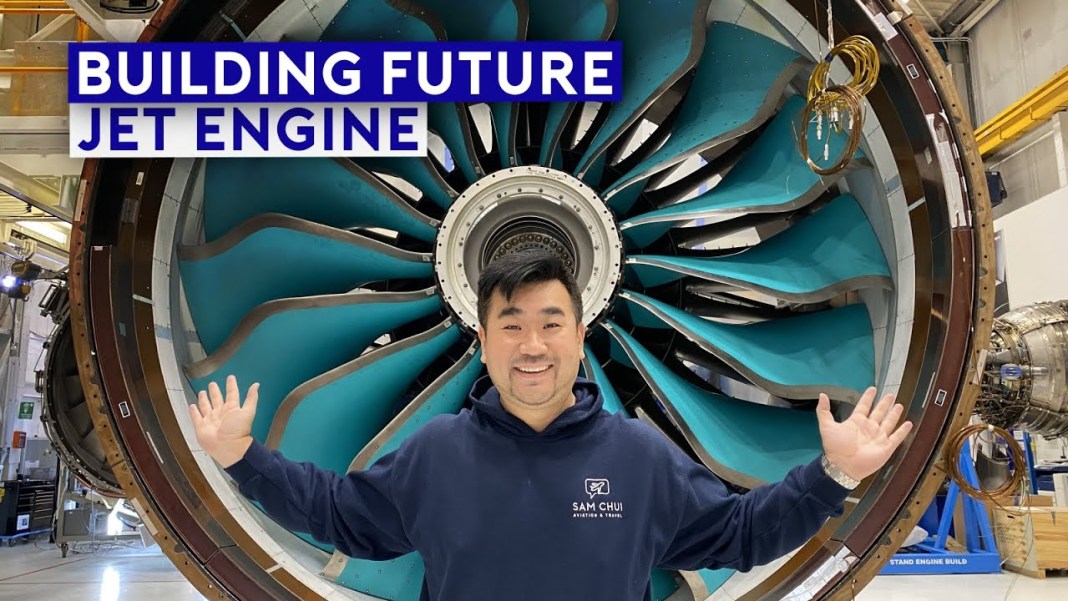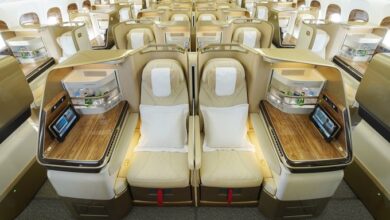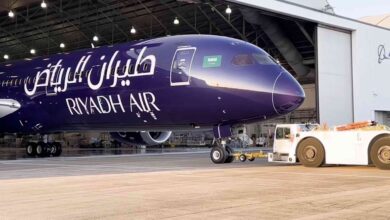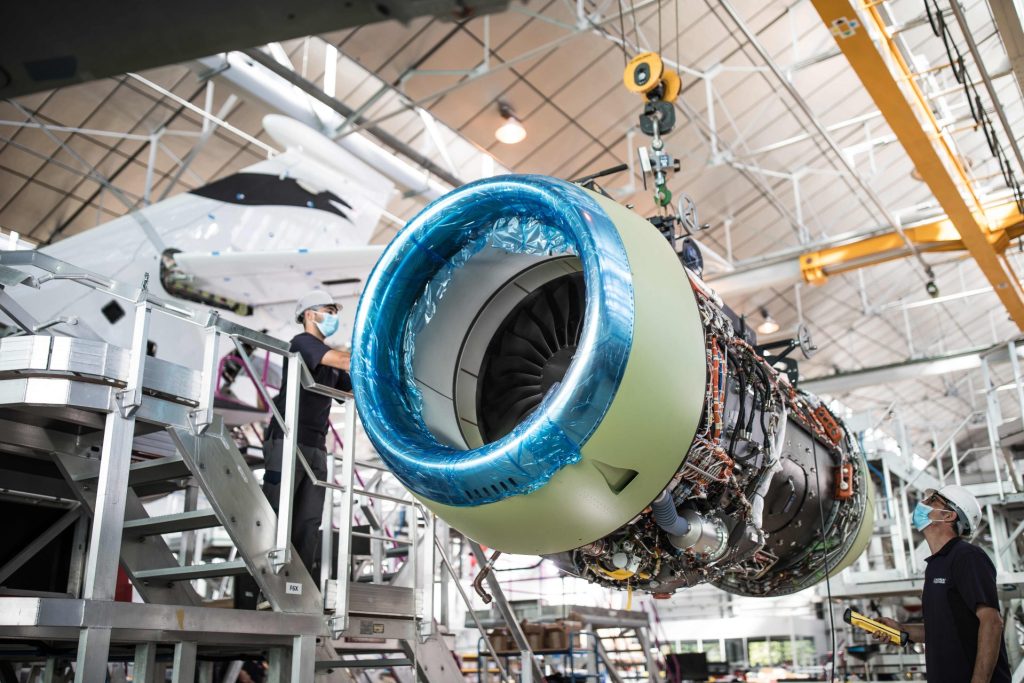Rolls-Royce Flies The Boeing 747 On 100% Sustainable Aviation Fuel

The business just performed a successful test flight in a Boeing jumbo jet utilizing only Sustainable Aviation Fuel (SAF). According to Rolls-Royce, the 747 in question was outfitted with a Trent 1000 turbofan engine that ran only on unblended SAF, while the remaining three RB211 mills ran on conventional jet fuel. Boeing provided technical support, and World Energy supplied the low-carbon fuel for the flight.
The flight was carried out in conjunction with Boeing, which offered technical support and oversight on aircraft modifications as well as assurance that the aircraft systems would perform as expected with 100 percent SAF. The low-carbon fuel for the trip was donated by World Energy.
The Biden Administration expressed its appreciation of the need to increase SAF production by launching a SAF “Grand Challenge” to create 3 billion gallons of the fuel per year by 2030 as part of a larger aviation climate action plan expected to be released in the coming months. The European Commission has proposed ReFuelEU Aviation, which would require the inclusion of SAF supplies at EU airports and raise supply to 63% by 2050.

The plane took off from Tuscon Airport in Arizona and flew across New Mexico and Texas before returning to the airport little under four hours later. According to Rolls-Royce, there were no engineering concerns throughout the test, proving that SAF is a viable alternative to fossil jet fuel and might be appropriate for commercial use.
SAF is created from waste resources such as restaurant cooking oil or animal fats. Instead of filling landfills, garbage is converted into this sustainable jet fuel, which cuts carbon dioxide emissions by up to 80%. The biofuel also reduces particulate matter (the white stuff in the sky) by 90% and removes sulfur oxide.
“We believe in air travel as a cultural force, but we also recognize the need to take action to decarbonize our industry,” said Simon Burr, Rolls-head Royce’s of product development and technology for civil aircraft. “This flight is just another example of collaboration across the supply chain to ensure that all aircraft technology solutions are in place to allow for a smooth transition to 100 percent SAF in our sector.”
Thanks to Rolls-Royce, the globe may be one step closer to cleaner air travel.





